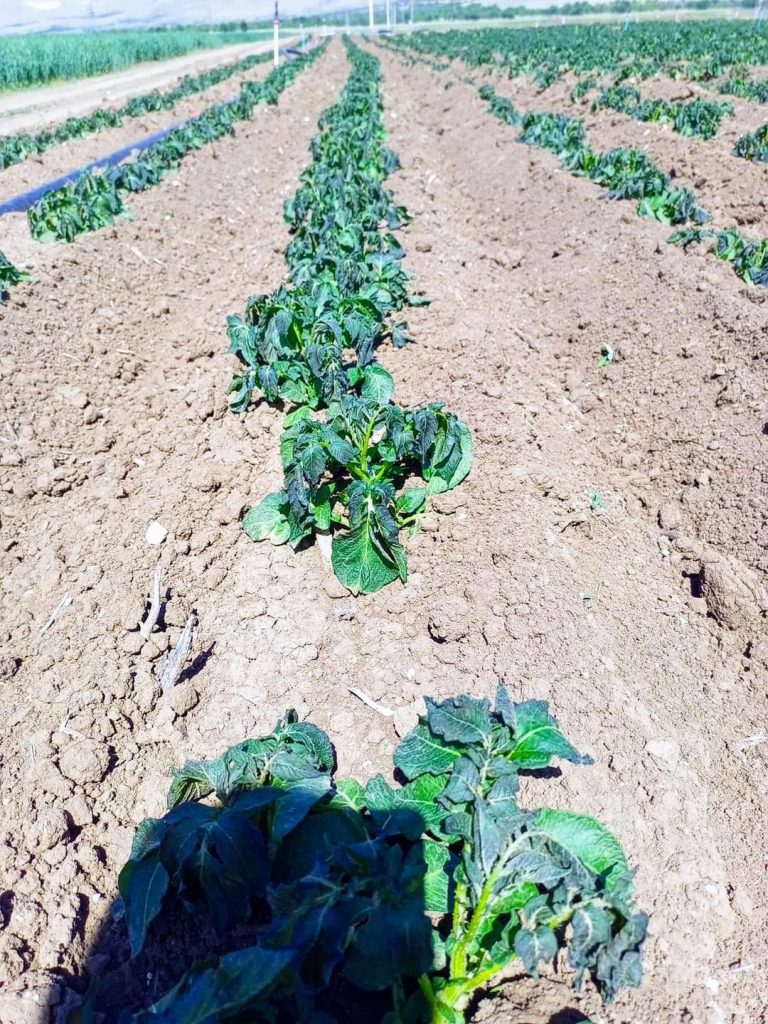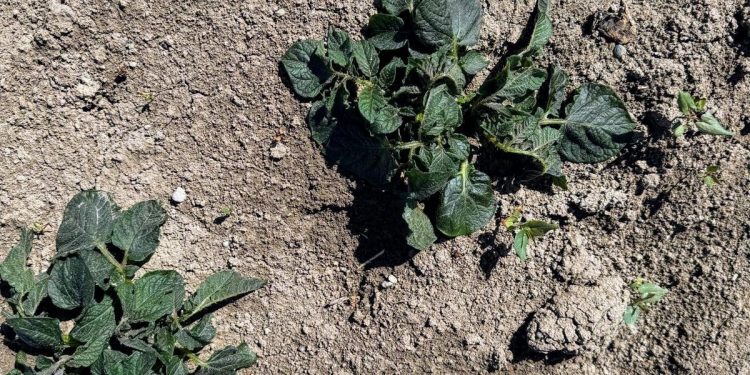Discover how recent frost events in Afyon have affected potato farming and what measures farmers and agronomists can take to mitigate damages. From understanding frost severity to implementing effective regenerative strategies, this article offers insights to safeguard potato crops against adverse weather conditions.


As reported by Kamil Aşkın, the agricultural sector in Afyon faced anticipated frost conditions on May 6. Ranging from mild to moderate severity, this frost event has left some fields affected, showing signs of leaf discoloration. However, with the inherent regenerative capacity of plants, there’s hope for recovery. Acting swiftly, farmers can employ strategic interventions to minimize losses and nurture crop health.
When encountering frost, it’s crucial to assess its severity. According to classification, mild frost occurs within the range of 0°C to -2.2°C, while moderate frost spans from -2.2°C to -4.4°C. Anything below -4.4°C is considered severe.
In response to frost damage, immediate action is paramount. After observing the extent of damage for 1-2 days, farmers are advised to apply irrigation, followed by the application of urea and amino acids at a rate of 4-5 kg per hectare. Subsequently, employing high-quality micronized copper-based pesticides can aid in plant recovery and disease prevention.
To mitigate the impact of frost on potato crops, proactive measures are indispensable. Beyond reactive responses, investing in preventive strategies like crop selection, microclimate management, and protective structures can enhance resilience against unpredictable weather events.
In conclusion, while frost poses significant challenges to potato farming, informed decision-making and timely interventions can safeguard crop yields and ensure agricultural sustainability. By embracing adaptive practices and leveraging scientific insights, farmers can navigate through adversities and foster thriving agricultural ecosystems.







